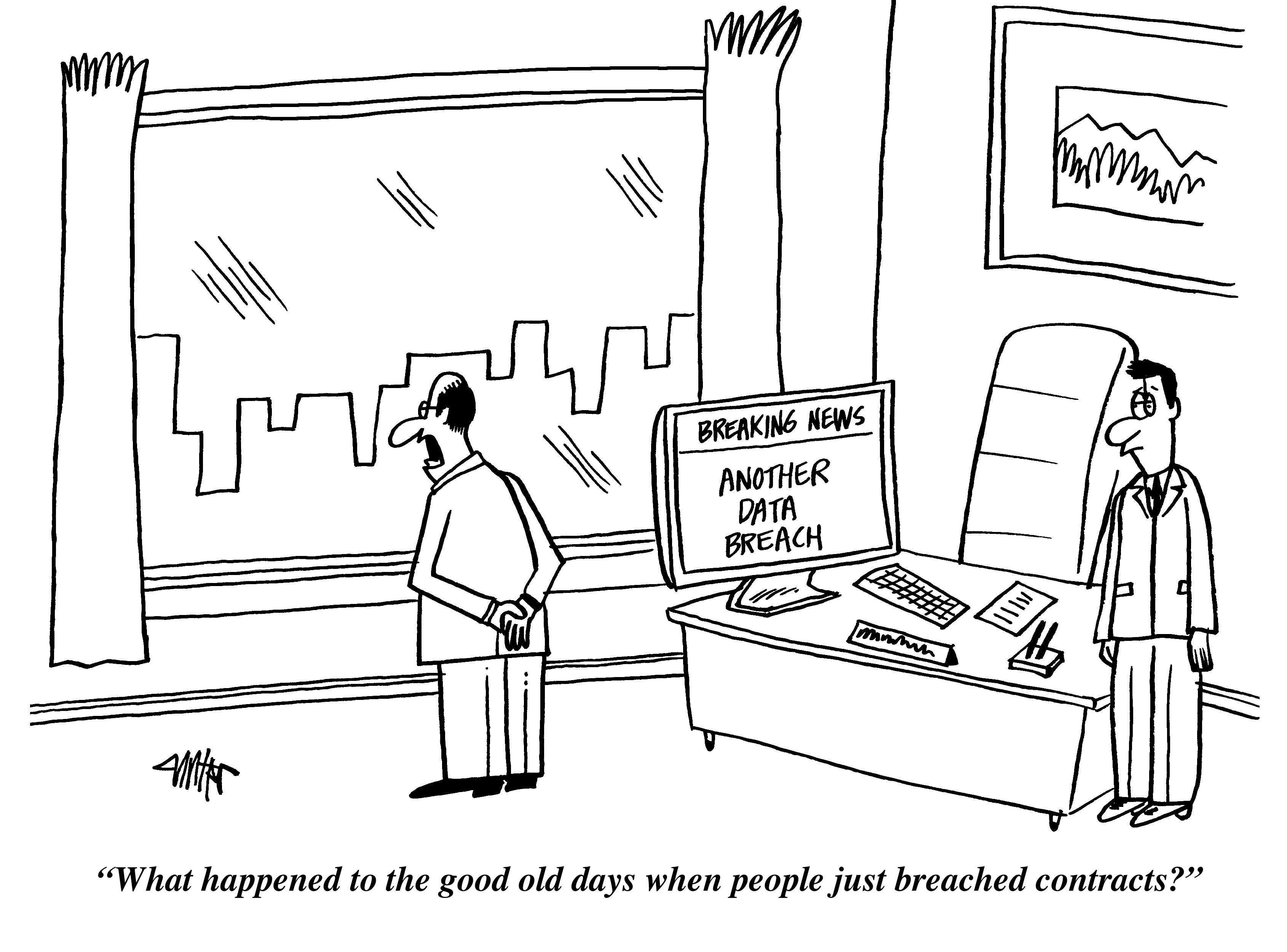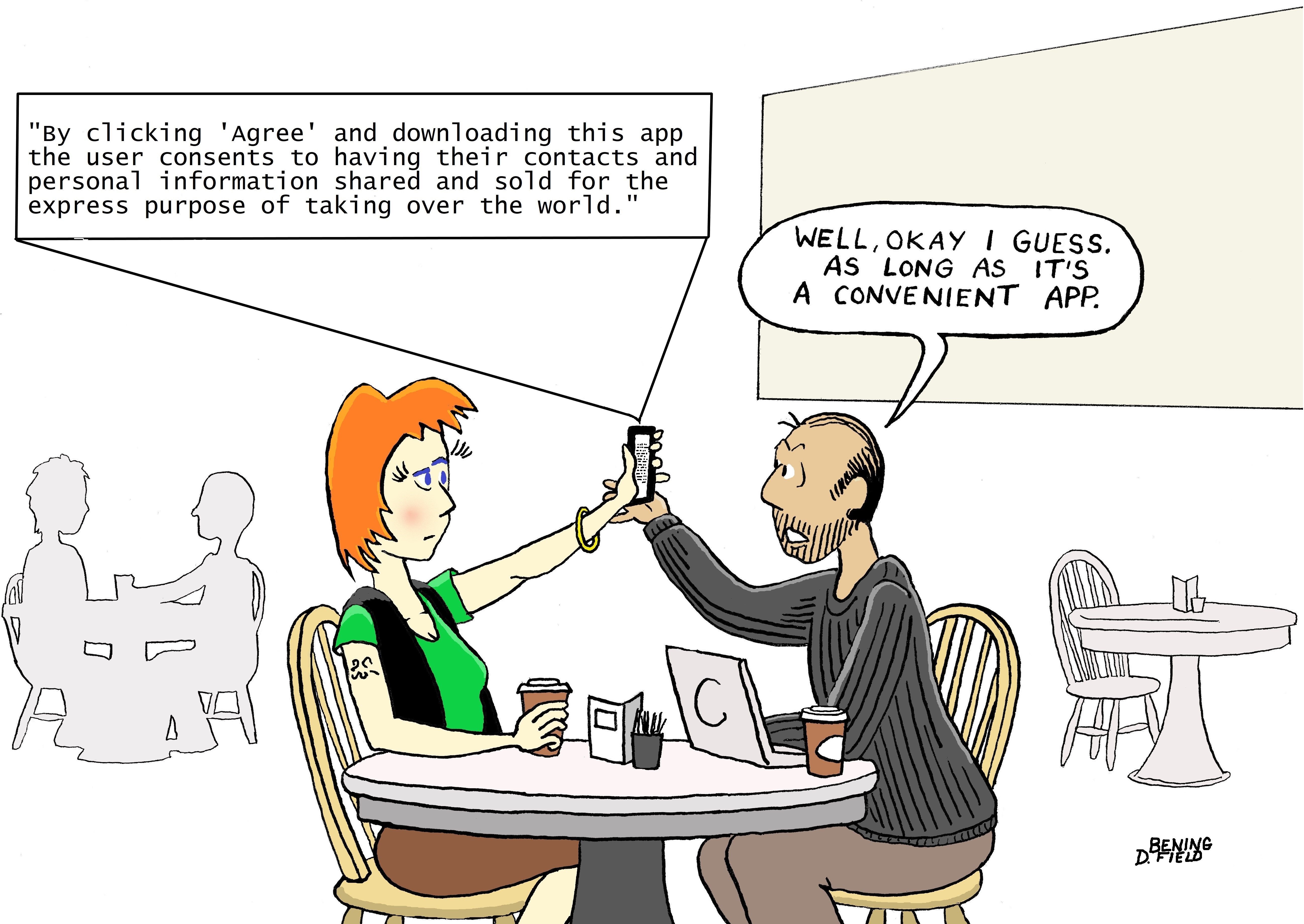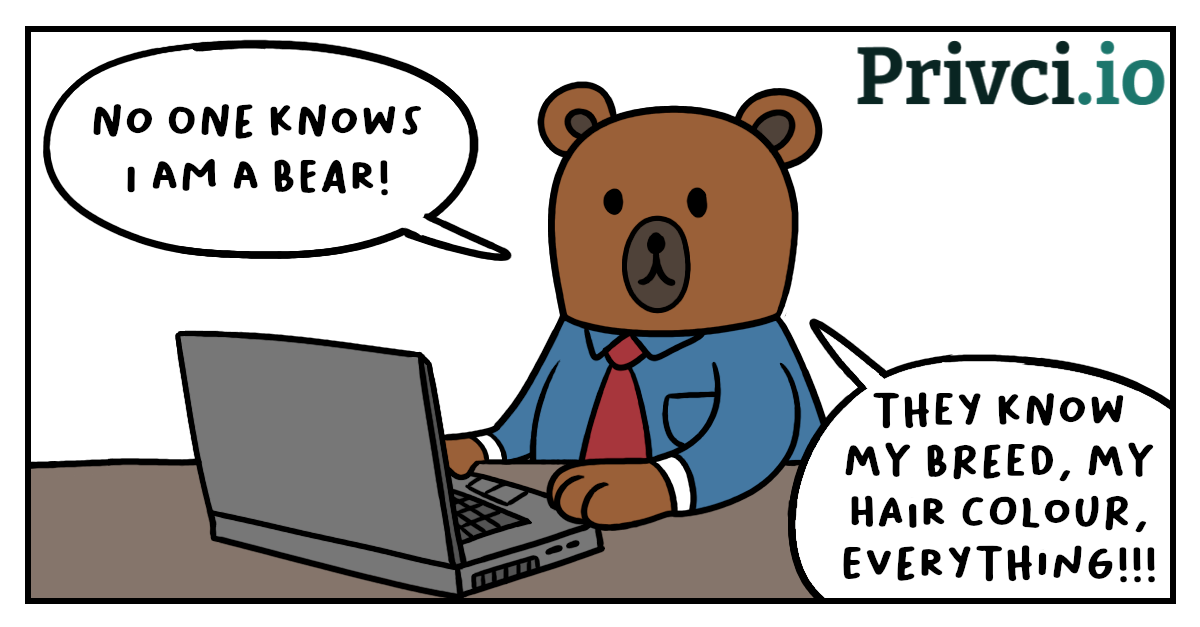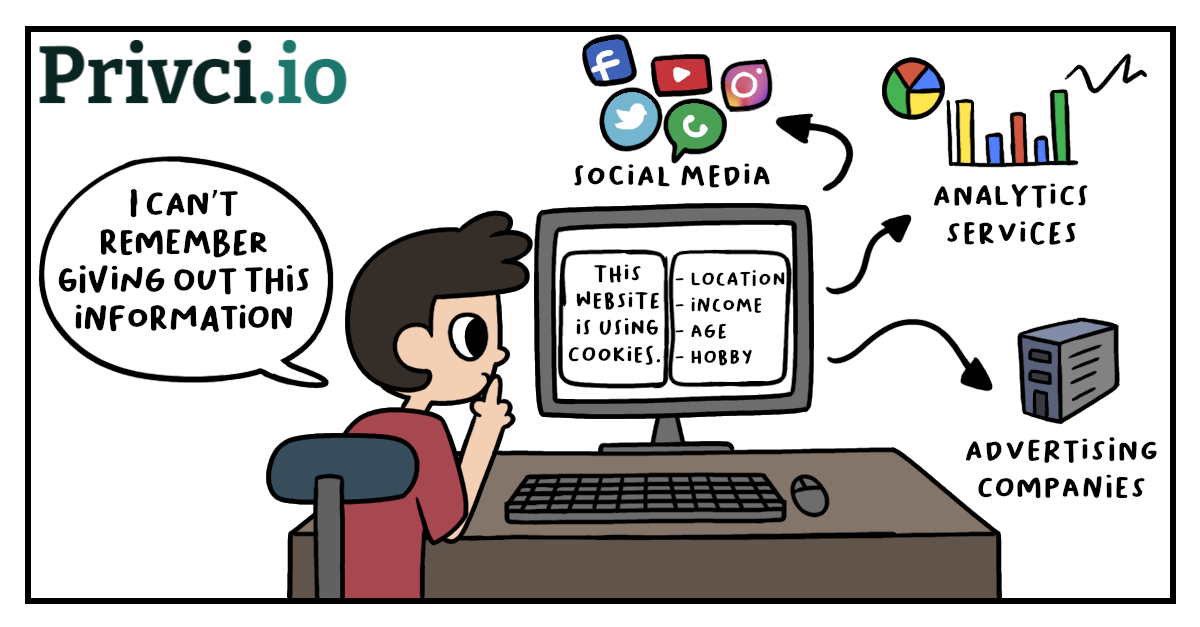Jan 24, 2025 | Blog
5 Security Awareness Tools for 2025: Tested and Reviewed
As 2025 unfolds, the need for robust security awareness tools has never been more pressing. Cyber threats are evolving at an unprecedented pace, and companies must proactively safeguard their digital assets. As an investigative reporter deeply vested in cybersecurity, I embarked on a mission to identify and rigorously test the top security awareness tools available today. My exploration led me to five exceptional tools, with Privci Enterprise emerging as the foremost contender.

At the top of my list is Privci Enterprise, a tool that redefines what it means to engage in security awareness training. Its innovative policy-based approach is a revelation, seamlessly embedding security protocols into everyday business operations. This method ensures that training is not only consistent with company policies but also effectively integrated into employees’ daily routines.
Key Highlights:
- Policy-Based Integration: This tool stands out with its capability to marry training with organizational policies. It transforms statements about internet use, email security, and password policies into interactive training mediums.
- Violation Monitoring and Incentives: Privci Enterprise ingeniously monitors policy violations, turning them into training and reward incentives. This unique approach not only addresses bad security habits but also incentivizes good practices.
- Gamified Challenges: A feature that resonated deeply with me was its gamification aspect. By transforming mundane policies into engaging quizzes and policy challenges, it ensures that awareness transcends traditional rote learning.

KnowBe4 remains a formidable contender in the field of security awareness. The platform offers an expansive library of resources and customizable training modules suitable for all organizational levels.
Key Features:
- Phishing and Ransomware Simulations: Offers a wide range of simulated attacks to educate and test users.
- Comprehensive Training Programs: Provides robust content suitable for different learning levels and organizational needs.
- Compliance Management: Assists in meeting industry compliance standards through targeted training initiatives.

Proofpoint provides a people-centric approach to security awareness training, emphasizing behavioral changes to mitigate risks.
Key Features:
- Tailored Learning Paths: Customizes training journeys based on user roles and risk profiles.
- Behavior Analytics: Tracks behavioral changes to fine-tune training efforts and reduce human-related risks.
- Engagement Metrics: Monitors and measures user engagement, offering vital data for training optimization.

CyberVista adopts a unique approach by emphasizing skill development alongside traditional security awareness training. This tool is ideal for organizations seeking to elevate their staff’s cybersecurity skillset in addition to baseline awareness.
Key Features:
- Skills Assessment and Development: Focuses on upskilling employees, promoting both awareness and technical abilities.
- Adaptive Learning Technology: Utilizes AI to adjust training content based on individual user performance.
- On-demand Labs and Simulations: Offers practical, hands-on experiences to solidify theoretical knowledge.

Cofense PhishMe excels in providing comprehensive security awareness training that equips employees to recognize and respond to various cyber threats.
Significant Features:
- Engaging Training Modules: Delivers interactive and engaging content to educate employees on security best practices.
- Customizable Programs: Offers tailored training programs to meet the specific needs and risk profiles of different organizations.
- Behavioral Analytics: Monitors and analyzes user behavior to enhance the effectiveness of training initiatives.
- User-Driven Reporting: Encourages employees to report suspicious activities, fostering a proactive security culture.
Conclusion
Selecting the right security awareness tool is crucial for fortifying your organization’s defense mechanisms. As we delve into 2025, investing in cutting-edge solutions such as Privci Enterprise ensures that your workforce is prepared to tackle emerging threats with efficacy and confidence. Whether you prioritize dynamic simulations or detailed analytics, the tools listed above offer a diverse range of features tailored to meet the evolving needs of your enterprise. Secure your organization’s future by empowering your team with the best in security awareness training.
Jordan Blake – Senior Security Insights Reporter

Jan 9, 2022 | Blog
Do you know what really happens to the data you share on your social media? Find out the sinister truth and learn how to protect yourself.
How social media sells your information
These days, social networks are a big part of our lives with most people engaging with platforms like Facebook, Twitter and Instagram on a daily basis. While these networks were initially created to bring people closer to friends and family, they’ve progressed into something much more.
They’re now an integral and hugely influential part of our daily lives that have moved beyond connecting people.
We use social media platforms to get current news, find brands we like, follow inspirational individuals and so much more. Ultimately this means big business for organisations. Our personal data becomes somewhat like currency that’s traded to the highest bidder. And with profit comes risk to those unsuspecting individuals who share every aspect of their life on social media.
Your Digital Footprint
Every person leaves a trace as they navigate the internet. Anyone who makes their social media profile(s) public, with information on their age, favourite music/brands etc. will end up leaving a bigger digital footprint. Like most other users, you most likely accepted the terms and conditions of these networks without even reading them. It’s so much easier to just click the “accept” box, than read through pages of complex information.
Maybe you should’ve taken the time to read the terms and conditions to ensure your data privacy.
Most users would be shocked at what they’re agreeing to when it comes to using social media. Platforms like Facebook have the rights to images you upload onto the platform, can sell public profile data to its partners, and so on. Along with seeing personalised ads based on data evaluation, there are greater risks involved.

Cybercrime and Scams
Many don’t understand that their data could end up in the hands of criminals with a lack of information security, and are rarely aware of how far their data actually travels on the net.
When so-called social engineers get hold of your data, the threat to your data privacy becomes real. Social engineers are digital con artists who deceive their victims to get either their data or money. They use social media among other methods to adopt a false identity to gain the trust of their potential victim.
They either present themselves as someone from the authorities (like from a bank or government) or they impersonate friends, relatives or potential love interests. They do this by hacking or using data from social media accounts to contact potential victims.
Data privacy is constantly at risk as the number of cybercrimes and scams rise. Identity theft is on the rise where the perpetrators scam individuals or commit other crimes under your name. Baiting is a kind of social engineering where providers of “free” downloads ask for your account login information. They then use this information to access your e-mail. Phishing attacks feed on a victim’s fear and their trust in the authorities. They base their text and design of emails on those from banks or renowned service providers. They then link to “dummy” websites that look like the real thing. If you enter your personal information like bank details there, the cybercriminals get direct access.
Conclusion: How social media sells your information
Your personal data is your identity so you should protect it at all times, rather than openly share it on social media. The disadvantages of oversharing on social media and having an open profile, as well as not being aware how these platforms use your data, is not only a risk to yourself but your family too. Data privacy security awareness is key.
If you’re concerned about your personal data and you’d like to know what data is being collected, how it’s being stored and if it’s being shared, then Privci is for you. It’s a Google Chrome extension that helps you protect your data when you’re online that’s great for the entire family, especially kids. Find out more here.
If your enjoy reading this article why not share with others!
Divine Chana C. Senior Analyst, Privci.io
Related Article
Here’s Why Privacy Policies Are Incomprehensible

Dec 16, 2021 | Blog
When it comes to reading privacy policies, it always seems too hard. You’re most likely not a lawyer, or don’t have the spare time to read every word of the Terms & Conditions you agree to on a regular basis. And you’re not alone. With statistics like, approximately 30% of consumers in the UK never reading mobile app privacy policies when they download them, and 94% of Australians not reading privacy policies that apply to them, the problem is global and widespread. This guide tell you why you should read privacy policy of every website.
While companies are legally required to detail what they do with the information you give them in their privacy policies, it’s usually a lot more complicated than that. Confusing language, or burying important details in long text are common practice. When you sign up for a service and provide details like your name, email address, date of birth etc. you’re essentially handing over your personal data. These are the details that make you a target for not only personalised ads, but also data mining, censorship and other invasive data privacy practices.

Here are 4 reasons why you should read privacy policy of every website:
1 – You’re Likely Paying with Your Data
If you’re not paying for something with actual money, then how are you paying for it? You’re most likely paying for it with your personal data. Free services are never truly “free” and shouldn’t be approached with caution. If you’re keen to try a free service, it’s recommended that you take the time to comb through their privacy policy and be cautious of giving too many personal details away.
2 – They Could Be Planning on Selling Your Data
When it comes to your personal data, it’s not only your identity, it’s a marketing tool that’s worth money. When you’re using a website, you need to determine if the company plans on selling your data or using it. Are they just asking for the basics for account creation or billing? Or are they data tracking or logging your other private data?
3 – They Could Be Storing Your Personal Data for Years
Some companies will store your personal data for a few months while others will store it for years. Reviewing the privacy policy will give you an indication of how long they intend to store your data; if you’re not comfortable with the timeframe then you may need to skip it.
4 – They May Be Lacking Security Measures
If a company is storing your personal data, you want to know that they’re storing it securely. The privacy policy will identify if they provide any security to protect your personal information. “Free services” generally don’t spend the extra money to keep the measures in place, whereas more credible companies take the extra measures to protect their customers with things like two-factor authentication for password protection etc.
You have a right to privacy which companies should be respecting. Security awareness is so important to protecting your data online, so don’t learn your lesson the hard way and risk your personal data privacy.
If you’re keen to get a detailed understanding of how to protect your data online then Privci is the way to go. It’s a Google Chrome extension that helps you easily and quickly review privacy policies, get info about data breaches, learn best practices when it comes to your online data, and so much more.
Click here to Install from Chrome Store
If your enjoy reading this article why not share with others!
Divine Chana C. Senior Analyst, Privci.io
Related Article
Your Social Media Data is Being Sold to the Highest Bidder
![]()
![]()
![]()

![]()








